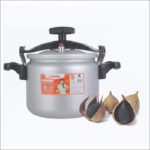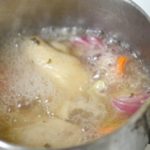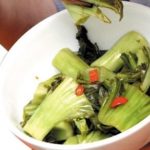Overcooking Vegetables
A common mistake many homemakers make when cooking is cooking food at high temperatures for too long. This will cause a significant loss of important nutrients. Especially when boiling vegetables too long, eating them at this point will be pointless as your vegetables will lose their nutrients. Additionally, the vitamin content gradually decreases, resulting in a dish that is less flavorful and wasting food.
Habit of Cooking Vegetables and Not Eating Them Immediately
Many homemakers have the habit of cooking and boiling vegetables but not eating them immediately, instead waiting 1-2 hours before consuming. This makes your vegetables lose their freshness and no longer taste delicious. Eating food that is too cold not only makes your food less appetizing but also harms your body.
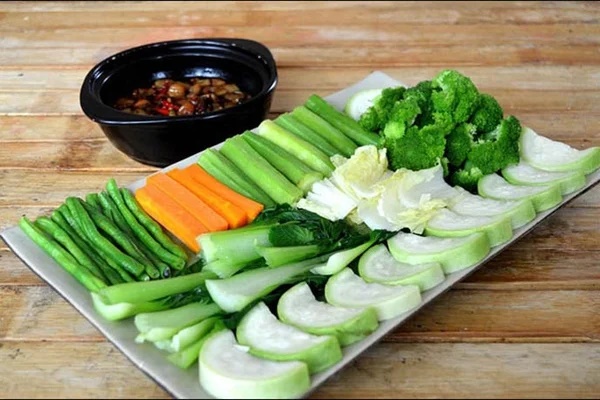
According to research, many people do not know that if vegetables are stir-fried or boiled, they will only lose about 15% of the vitamins in the vegetables. If left for 1 hour, it will lose about 25%, and if left for 2 hours, it will decrease from 34-57%. If you pre-cook and leave it for a while and reheat it, you will lose up to 90% of the vitamins inside. Also, leaving the vegetables for too long can potentially lead to the growth of harmful bacteria in your body. Therefore, it is best to eat green vegetables while they are still hot, avoiding food waste and reheating.
Eating Leftover Vegetables Overnight
A common habit among Vietnamese people is to save and not waste any leftover food. So, most homemakers tend to save leftover vegetables in the refrigerator for the next morning. However, according to nutrition experts, this habit is harmful to health and can even cause long-term cancer. Green vegetables have a high amount of nitrates, and when cooked overnight, these nitrates are broken down into nitrites by bacteria – a cancer-causing substance. Regardless of reheating or cooking again, the harmful nitrite content in the vegetables cannot be reduced.
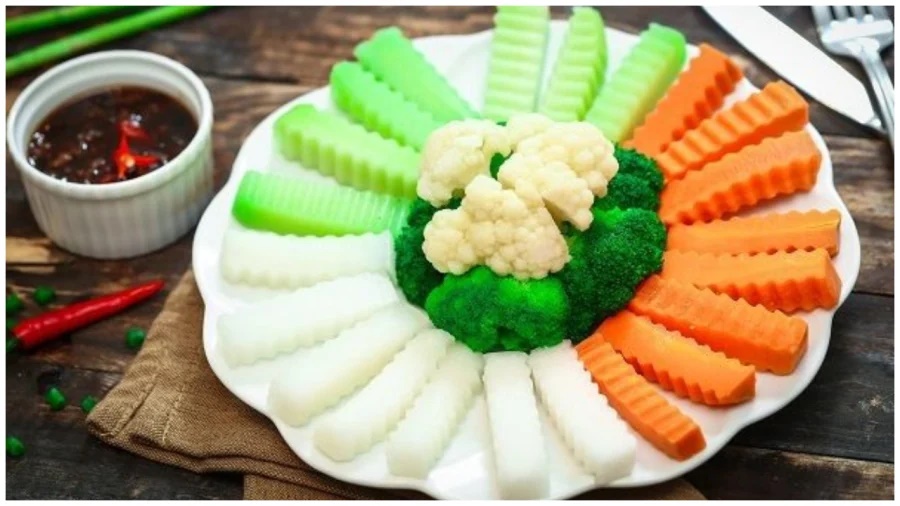
Adding Too Little Water when Boiling Vegetables
According to Giaitrithoibaovhnt

























